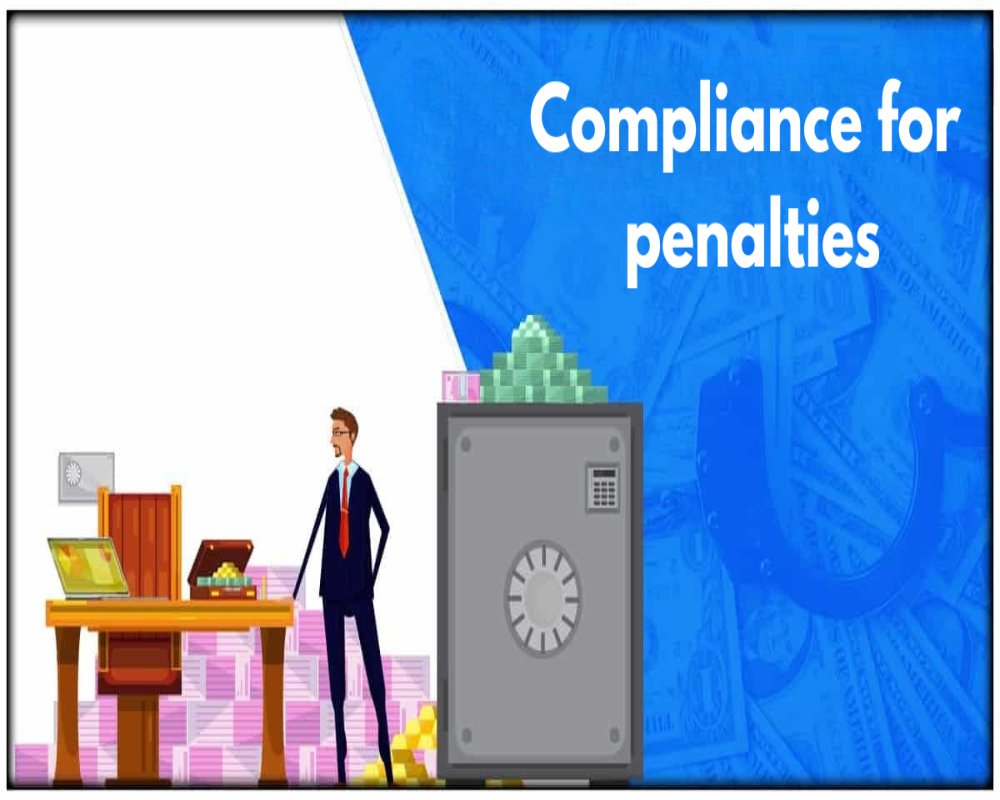Introduction
Compliance with industrial regulations is essential for maintaining lawful operations, ensuring employee safety, protecting the environment, and upholding ethical business practices. Regulatory bodies establish clear frameworks and standards that industries must follow across areas such as labor management, environmental protection, taxation, safety, and corporate governance. When these rules are violated, compliance penalties are imposed as corrective and deterrent measures. These penalties serve to enforce accountability, encourage adherence, and maintain public trust in industrial activities. This article defines compliance penalties in the context of industrial regulations and highlights their types, implications, and preventive significance.
Nature and Purpose of Compliance Penalties
Compliance penalties in industrial regulations are legal consequences imposed on businesses or individuals that fail to follow established laws and standards. These penalties may be civil, administrative, or criminal in nature and are designed to:
- Deter future violations
- Promote responsible behavior
- Ensure fair competition in the industrial sector
- Protect the interests of workers, communities, and the environment
Regulatory authorities such as labor departments, pollution control boards, tax authorities, and industrial safety agencies are empowered to impose such penalties based on the nature and severity of the non-compliance.
Types of Compliance Penalties
Financial Penalties
The most common form of punishment is monetary fines, which vary depending on the law violated and the scale of the offense. Fines may be imposed for non-filing of returns, violation of environmental norms, delayed payments of statutory dues, or failure to provide proper safety measures in factories.
Operational Restrictions
Authorities may suspend or revoke licenses and permits required to operate industrial units. For instance, factories that violate pollution norms may lose their Consent to Operate issued by pollution control boards, leading to partial or full shutdown.
Criminal Prosecution
In cases involving serious negligence, fraud, or willful violations, regulatory laws allow for criminal prosecution of responsible individuals. This may lead to imprisonment of directors or factory managers under laws such as the Factories Act, Environment Protection Act, or labor laws.
Blacklisting and Disqualification
Repeat offenders or companies involved in fraudulent activities may be blacklisted from participating in government tenders, receiving subsidies, or obtaining future licenses. Additionally, directors may be disqualified from holding office in companies under corporate governance laws.
Reputational Damage
Beyond legal consequences, non-compliance often leads to public disclosure of offenses, which can harm a company’s reputation, reduce investor confidence, and negatively affect business relationships with suppliers and customers.
Implications of Compliance Penalties
Penalties impact industries in several critical ways. Financial losses due to fines and business disruption can strain resources and profitability. Legal battles consume management time and may lead to increased scrutiny from regulators. Moreover, poor compliance records can hinder access to finance, contracts, and expansion opportunities. For multinational or export-oriented units, regulatory penalties can also impact foreign collaborations and trade relationships.
Preventive Measures to Avoid Penalties
To prevent compliance penalties, industries should implement strong internal control systems and compliance management frameworks. Appointing compliance officers, conducting regular audits, training employees on legal obligations, and staying updated with regulatory changes are crucial steps. Technology tools and compliance tracking systems can also help ensure timely filings and adherence to standards.
Conclusion
Compliance penalties are integral to enforcing industrial regulations and promoting lawful, ethical, and sustainable business practices. They serve as both corrective and preventive tools to ensure that industries operate within the prescribed legal framework. For industrial enterprises, avoiding penalties is not just about avoiding fines but about safeguarding operational continuity, reputation, and long-term growth. Establishing a proactive compliance culture is essential to minimize risks and demonstrate commitment to responsible industrial conduct.
Hashtags
#CompliancePenalties #IndustrialRegulations #RegulatoryCompliance #SafetyStandards #IndustryGuidelines #LegalCompliance #RiskManagement #WorkplaceSafety #RegulatoryPenalties #ComplianceAwareness #IndustryStandards #SafetyRegulations #ComplianceTraining #RegulatoryFramework #PenaltiesAndFines #IndustrialSafety #ComplianceMatters #RegulatoryUpdates #IndustryBestPractices #ComplianceCulture


